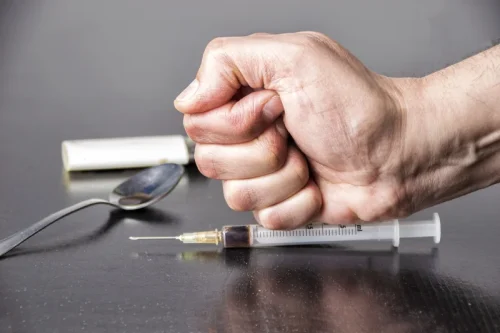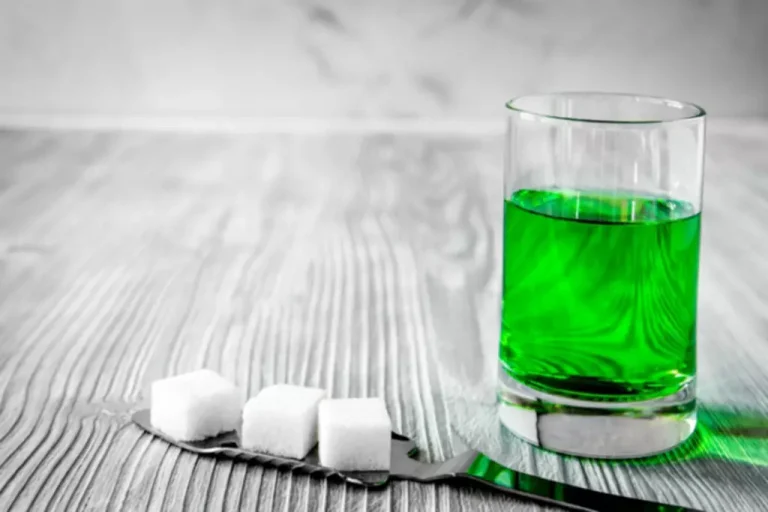Chưa có sản phẩm trong giỏ hàng.
Sober living
Alcohol use disorder Symptoms and causes

In these cases, a person needs to consult a doctor to determine how to best treat their AUD. Binge drinking refers to a pattern of drinking that brings BAC to 0.08% or higher in a short period. This typically occurs after females consume four drinks or more and males consume five drinks or more during a 2-hour period.
Dangers of Alcohol Overdose
- “Even if they’re unconscious, the body is still metabolizing the alcohol,” she explains.
- The future of heart failure treatment with AstraZeneca’s Prof. Martin Cowie and Heart Failure Specialist and Consultant Cardiologist at St George’s Hospital Dr. Lisa Anderson.
- An alcohol overdose is typically treated in the emergency room.
- Alcohol intoxication occurs when a person drinks an excess of alcohol in a short period.
- They may experience alcohol withdrawal symptoms if they abruptly abstain from drinking.
- Anyone who consumes too much alcohol too quickly may be in danger of an alcohol overdose, also called alcohol poisoning.
Despite your best efforts, you might still need help recovering from alcohol abuse. If you’re concerned about alcohol addiction, it’s never too early to start recovery. Treatment can help you address the root cause of your behavior and not just the symptoms. This approach helps clients find long-term recovery from alcohol abuse. Experts say that repeated alcohol poisoning can “interfere with brain development,”10 especially for teens.
Binge drinking
This may be quickly followed by a drop in blood oxygen levels, where you might notice the skin turning blue, starting with fingers, toes, and lips. An alcohol overdose requires hospitalization so doctors can monitor a person’s condition for any complications. An alcohol overdose occurs when a person has so much alcohol in their bloodstream that certain bodily functions may begin to shut down. Alcohol poisoning is a medical emergency that requires immediate medical attention.
What’s the outlook for alcohol intoxication?
And there’s a chance your symptoms will get worse before they get better. If you notice symptoms while you’re still drinking, they may intensify as your body processes the rest of the alcohol you consumed. When you drink more than your body can handle, you might start wondering, “How long does alcohol poisoning last? But a few factors can make it easier or harder to get through alcohol poisoning.
Top Health Categories

They should follow the below advice until medical assistance arrives. This article discusses the signs, symptoms, and causes of alcohol poisoning. It may seem like a person has to drink a lot to get to this stage. But if a person drinks very quickly, they can get to this stage before long. At a BAC of 0.45 percent or above, a person is likely to die from alcohol intoxication. This stage can be very dangerous and even fatal if a person chokes on their vomit or becomes critically injured.

Rapid drinking can bring BAC so high that mental and physical functions are negatively affected. If BAC is high enough, it can impair physical functions such as breathing and the gag reflex (that prevents people from choking. Alcohol intoxication occurs when a person drinks an excess of alcohol in a short period. People may feel euphoric while drinking alcohol because ethanol stimulates the release of dopamine, a feel-good chemical in the brain. This effect on the brain’s dopamine system can lead to alcohol dependence.
How is an alcohol overdose treated?
It also includes binge drinking — a pattern of drinking where a male has five or more drinks within two hours or a female has at least four drinks within two hours. It’s pretty common to feel a little barfy after downing too much booze, but vomiting is one of the first signs that someone has had too much to drink. It is best if their behavior has been observed while the subject is sober to establish a baseline. Several well-known criteria can be used to establish a probable diagnosis.
Specifically, it slows areas of your brain that are responsible for basic life functions. This includes breathing, heart rate, body temperature, alcohol poisoning and gag reflex, which prevents you from choking. Alcohol can irritate a person’s stomach, causing them to vomit–even when they are unconscious.


